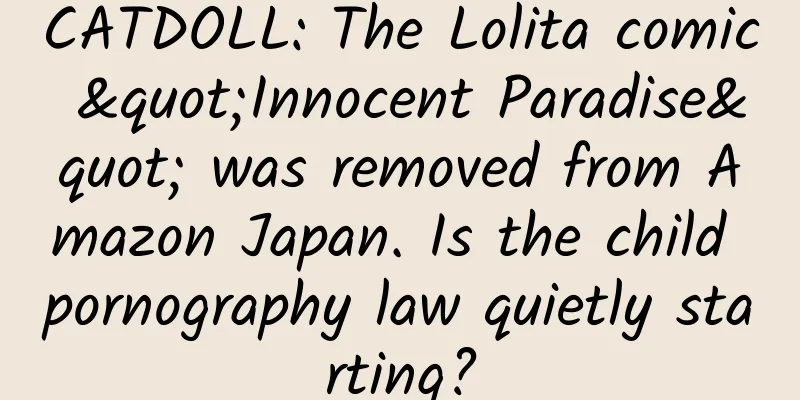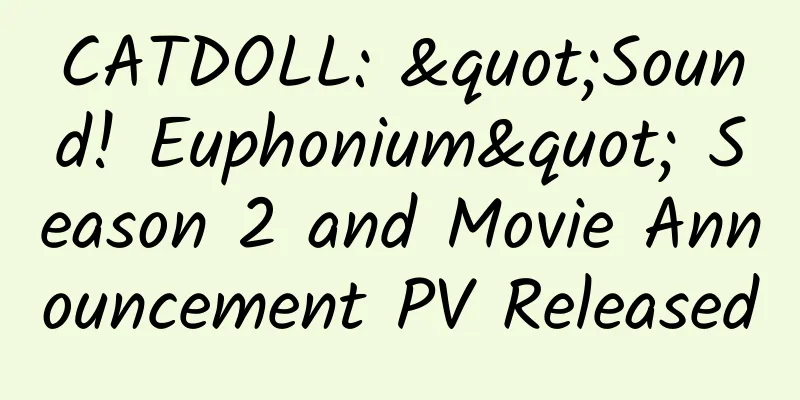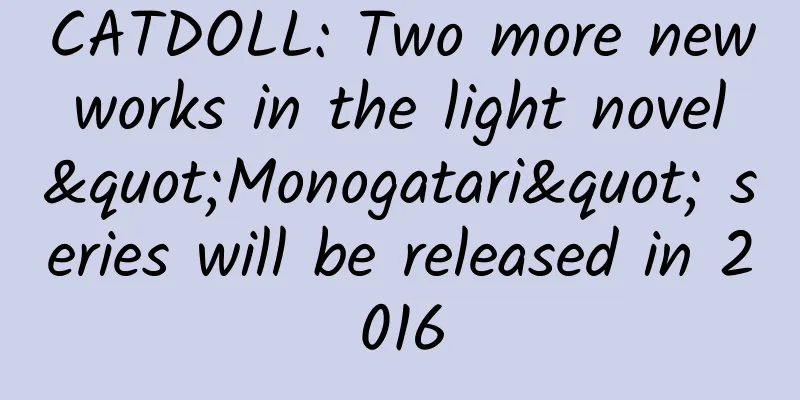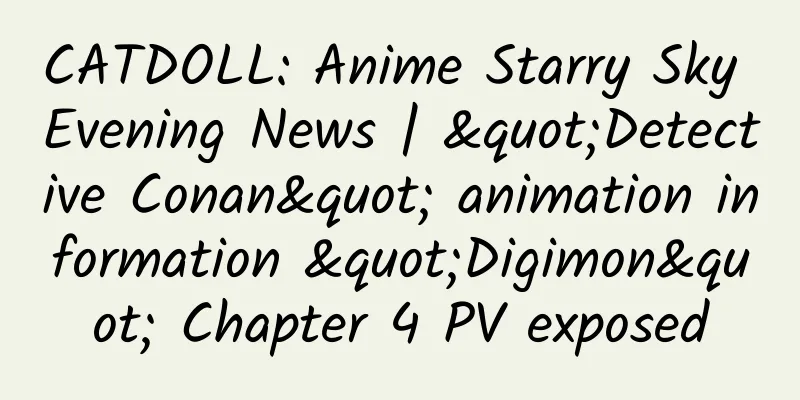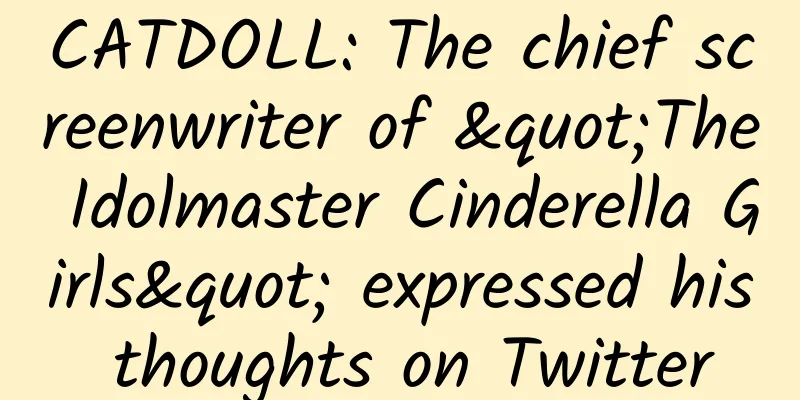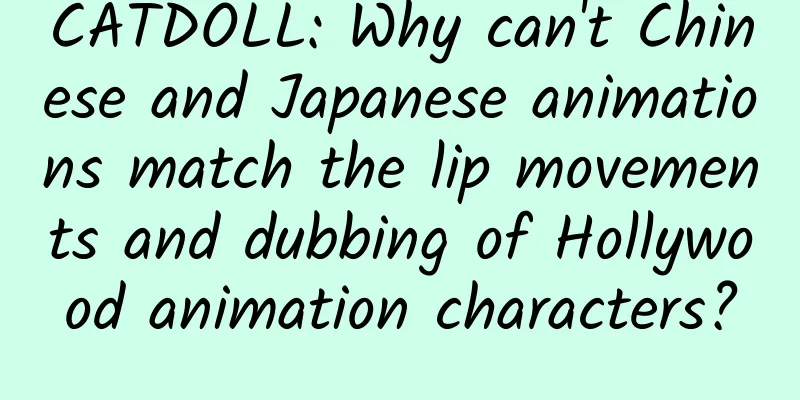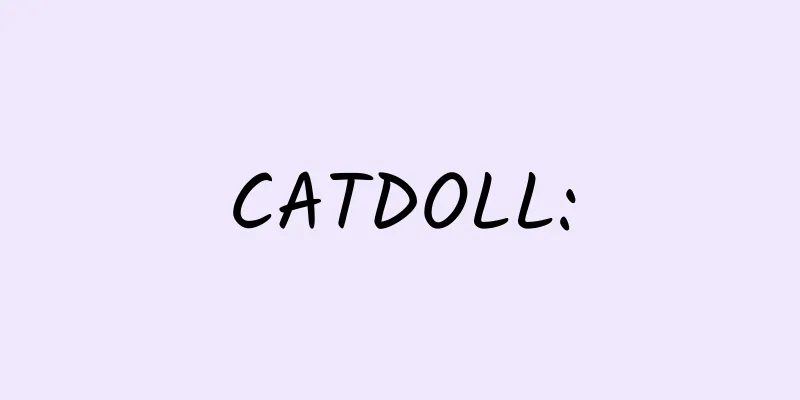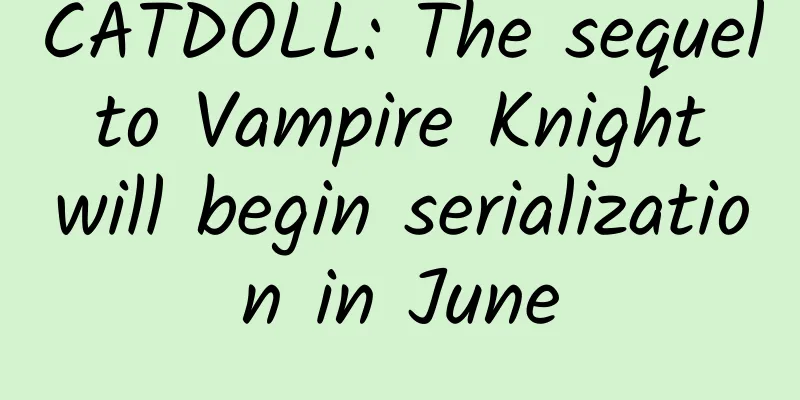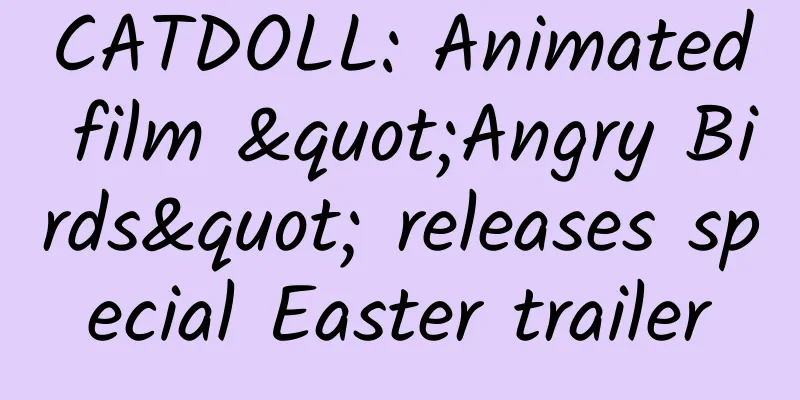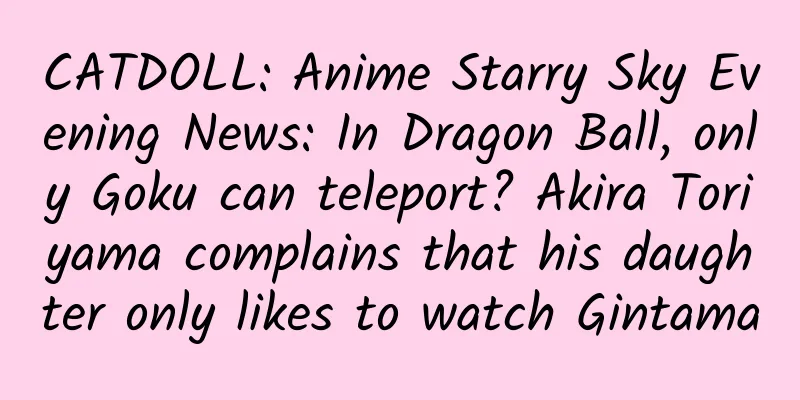CATDOLL: Japanese animation master Isao Takahata said that the current animation works have a strong sense of substitution and are easy to make people addicted
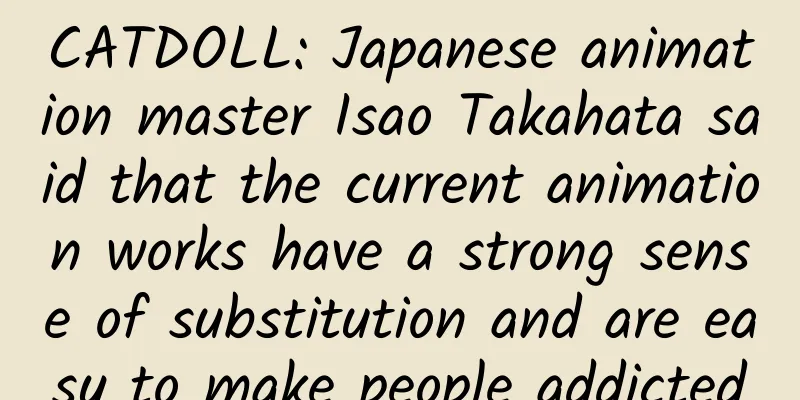
|
Now more and more people are beginning to pay attention to the development prospects of Japanese animation, and many well-known animation masters have begun to express pessimism about the current situation of the Japanese animation industry. Previously, Hayao Miyazaki and Tomino Baldhead said that Japanese animation has no good future, and just a few days ago, the director of "EVA" Hideaki Anno directly stated that Japanese animation only has five years left, which caused a lot of discussion. Now, the famous animator Isao Takahata, who has produced classic works such as "The Great Adventure of Horus, Prince of the Sun", "Kaguya-sama", and "Grave of the Fireflies", said that he believes that animation currently gives the audience too much sense of substitution, which makes it easy for the audience to quickly indulge in the virtual world created by animation . Although he has now announced his retirement, his attention to Japanese animation has not stopped. Isao Takahata said: "In the film, no matter how heroic the protagonist appears, the audience will naturally keep a certain distance from such a hero. However, now those ingenious creative techniques allow those ordinary people who look no different from ordinary audiences to exert extraordinary powers and solve problems with active performances and achieve a certain purpose. The audience then feels that the protagonist is right beside them, and they identify themselves with the protagonist, and then become addicted to the world of the work. The protagonist acts recklessly without being able to grasp the situation, and unknowingly uses his own superpowers to achieve success inexplicably. And the reason they succeed is not because of accurate grasp of the situation and strategic thinking, but because of "love" and "courage". Whether in the past or now, it does take courage for children and young people to step into the real world. In the face of ever-changing realities, they sometimes feel fear and stop, sometimes there are twists and turns, and sometimes they feel inferior. Especially when they cannot grasp the situation, it is naturally difficult for them to take a step forward. After all, true courage can only be generated by grasping the situation. And in real life, even acquiring a skill requires hard work. In order to achieve a certain goal, you must work hard and diligently. However, there is no specific description of this aspect in those works. No matter how much "courage" you gain from watching those works, there is no way to survive in reality. Not only that, it may also give the audience the illusion that "I am also the successful and great people in these works." Due to this lack of preparation for the real situation, the audience often feels conflicted between their inflated self-consciousness and their weak self in reality, so they escape into the sweet world of images. " In this regard, many Japanese netizens also commented: Mingmae: Mingwu しさん Submission date: June 1, 2015 Those handsome high school male protagonists who have little life experience are obsessed with preaching, and then use superpowers and genius talents to solve everything. This is a kind of YY. It's boring. Mingmae: Mingwu しさん Submission date: June 1, 2015 I think this is more true of Hollywood movies than animation. Mingmae: Mingwu しさん Submission date: June 1, 2015 Are there any recent works that feature ordinary people with no special abilities or talents as the protagonists? Mingmae: Mingwu しさん Submission date: June 1, 2015 There is nothing wrong with this kind of criticism itself, but I hope you can cite specific works. Alas, after all, I can't say it directly because of the adults' concerns... But since you have criticized it to this extent, shouldn't you talk about the specific works? However, I feel that many literary works, including animations, are more likely to resonate with the public if they are written from the perspective of ordinary people. Ordinary protagonists are indeed easy for the audience to accept. But most people still don't directly put themselves into the work, right? After all, they know that literary work. However, there are also many people who agree with Takahata Isao's point of view. It is also a fact that there are more and more useless protagonists in animations... I wonder what you think? |
<<: CATDOLL: Naruto's Extra Story "Sharingan" Chapter 5 Chinese Information
Recommend
CATDOLL: The author of "Seven Deadly Sins" revealed that the manga has 3 chapters and will be completed in 30 volumes
Today's comic book authors no longer seem to ...
CATDOLL: "Black Cat Sheriff" movie revealed, will childhood feelings return again?
Do you still remember the "Next Episode"...
CATDOLL: "Urara Lost Post" animation episode 3 advance picture girl loses freedom
The preview images and text information of the th...
CATDOLL: Circles bring people closer together NetEase launches the first two-dimensional interest social product "GACHA"
The ACG market is not only dominated by IP and pe...
CATDOLL: The mysterious "iron wall short skirt" in the animation, the girls will never show their fat
There are many incredible things in Japanese anim...
CATDOLL: The second installment of the domestic comic "Time and Space" animation Tencent Animation's new work!
Tencent Animation's second installment of the...
CATDOLL: Don't let your imagination run wild! Otaku complains that being addicted to the second dimension is not an escape from reality
In Japan, even though there are many otakus, this...
CATDOLL: "Nisekoi" manga chapter 208 longing illustration
Chapter 208 of the manga Nisekoi has been updated...
CATDOLL: The broadcast time and format of "Comic Psychotherapy" have been confirmed and the PV has been released
The comedy psychology manga "Comic Psychothe...
CATDOLL: Theatrical version of "Dragon Ball Z: Resurrection F" has earned over 3.7 billion in Japan
The latest Dragon Ball movie, Dragon Ball Z: Resu...
CATDOLL: October new show "Everything Becomes F" adds CAST, popular voice actors join one after another
After the popular mystery novel "All Become ...
CATDOLL: Is it Vegeta's fault that Bulma's breasts shrank in Dragon Ball Super?
In episode 31 of Dragon Ball Super, Jack and Bulm...
CATDOLL: The manga "Cutting and Separating the Sinful Scissors" is completed and the 11th volume will be released on September 23
Do you still remember the anime "Cut the Sci...
CATDOLL: The second season of the new anime "Showa Genroku Rakugo Shinju" will be aired in January 2017!
The animated version of Showa Genroku Rakugo Shin...
CATDOLL: "Dragon Ball: Super" Vegeta and Frieza's comical drawing shocked netizens
Since the TV animation "Dragon Ball Super&qu...
